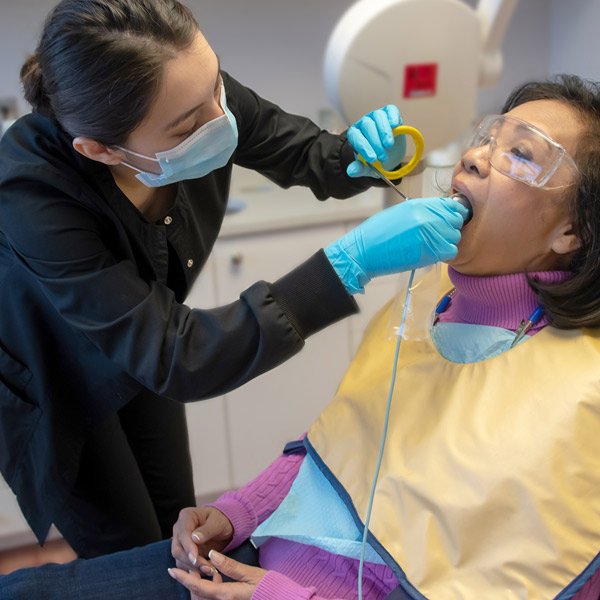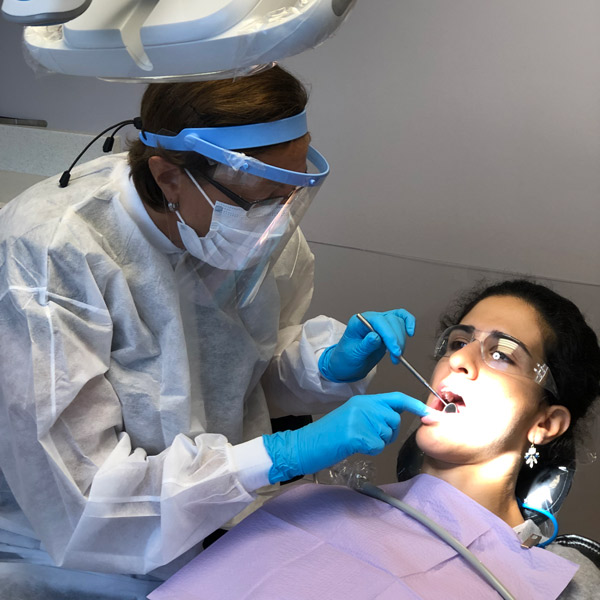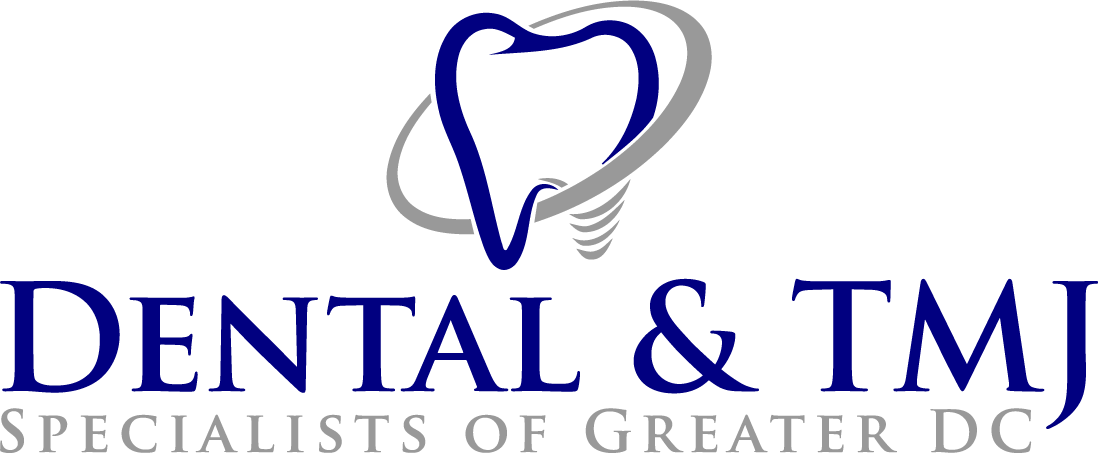Preventative Hygiene Cleanings
Registered Dental Hygienists (RDH)
Our Registered Dental Hygienists (RDH), have significant responsibilities that focus on our patients’ total oral health and care. As an RDH, they have taken the necessary educational courses and training and have passed the examinations mandated by the Maryland State Board of Dental Examiners. They are experts in the field of oral hygiene education which includes both preventative as well as the ongoing maintenance necessary for optimal oral health.

Regular Dental Hygiene Cleanings
Regular dental cleanings are an excellent way for patients to maintain tooth longevity as well as maintaining optimal oral and total body health. Dental cleanings include reviewing the patient’s medical history, checking blood pressure, removing all plaque and calculus followed by polishing the teeth. All patients receive dental hygiene at recommended intervals based upon their individual needs throughout the year to maintain their optimal oral health.
What Are the Benefits of Regular Dental Hygiene Cleanings?
Prevent Cavities: The whitish film that builds up on the teeth is called plaque. The bacteria living in plaque is the cause of tooth decay. The acid produced by the bacteria weakens the tooth enamel and, if left unattended, can lead to cavities. Plaque can be removed by brushing, flossing and with regular dental cleanings. Our registered dental hygienists are highly skilled in helping patients learn to develop good oral hygiene habits at home.
Stop Tooth Loss: Gum disease, which starts with a build-up of plaque (causing inflammation of the gums), is called gingivitis. If untreated, gingivitis can lead to periodontitis, which is a major cause of tooth loss in adults.
A Brighter Smile: The consumption of certain foods and beverages can stain teeth as well as smoking and vaping. Regular dental cleanings can remove built-up stains resulting in a whiter and brighter smile!
Fresh Breath: Good oral hygiene is the best way to prevent persistent bad breath. Daily brushing and flossing combined with regular dental cleanings is a great way to keep the patient’s mouth both healthy and odor free.
What Happens at a Dental Oral Hygiene Cleaning?
- Review the patient’s health history
- Perform an oral cancer screening
- Record the presence of diseases or abnormalities
- Examine the patient’s teeth and gums
- Patient tutorial on how to practice good oral hygiene at home
- Remove soft and hard deposits from teeth
- Oral Hygiene Education and Tutorial
- Discuss the importance of good nutrition and its impact on oral health

Dental Hygiene for TMJ Patients
Hygiene for TMJ patients requires extra time, skill, care, and equipment, that provides the best results. Our hygienists have extensive hours of advanced training, education, and experience to provide the optimal care for patients who have orofacial pain and TMJ.
At the conclusion of the hygiene appointment, our doctors will meet with the patient to review the questionable areas detected by the hygienist.
Preventative Oral Cancer Screening
Oral Cancer affects more people nationwide than either cervical or skin (melanoma) cancer. Although most oral cancers are found in people who use tobacco and/or drink alcohol excessively, 25 percent of oral cancers occur in people who have no risk factors at all. Recent medical studies indicate the human papilloma-virus disease (HPV) can be linked with oral cancer.
During a regular dental check-up or hygiene appointment, our doctors will examine the mouth to ensure there are no symptoms of oral cancer. Two dental visits per year are recommended however if patients notice any unusual changes in the mouth to call our office to schedule an appointment as soon as possible. For more information about Oral Cancer, support groups or most current treatments, please visit www.oralcancerfoundation.org.
